In inZOI, aging isn’t just a number—it’s a full life phase with shifts in personality, ambitions, and behavior. Just like in real life, keeping track of time is crucial so you don’t miss the moment when your adorable toddler starts building a career or turns into a grumpy elder. In this article, I’ll explain how the age-stage system works and how to stay on top of the timeline.
 Image: ensigame.com
Image: ensigame.com
Zoi’s Life Stages
Your character’s life isn’t an endless party (though it might seem like it sometimes)—it’s a structured journey through nine distinct age stages. Each has a fixed duration, after which your Zoi automatically progresses to the next phase.
Below is the full aging scale with the game’s default time settings:
|
Life Stage |
Game Days |
Time (in real-world minutes) |
|
👶 Newborn |
1 |
96 minutes |
|
👦 Toddler |
1–3 |
192 minutes |
|
👧 Child |
4–10 |
576 minutes |
|
👩🎤 Adolescent |
11–15 |
480 minutes |
|
👩 Teenager |
16–20 |
480 minutes |
|
👩🦱 Young Adult |
21–30 |
960 minutes |
|
👩🦳 Adult |
31–50 |
1920 minutes |
|
🧔 Middle-Aged |
51–65 |
1440 minutes |
|
👨🦳 Senior |
66–100 |
3360 minutes |
Each stage affects your Zoi’s behavior, available actions, and social roles. For example, teens can experience first love and take on part-time jobs, while elders might grumble, complain about the youth, and—unfortunately—prepare for the next stage…
How to Track Your Zoi’s Age
The game offers several easy ways to check a character’s age. Just click on your Zoi, and their profile will display their current life stage. Unfortunately, you can only estimate how much time remains before the next stage—there’s no progress bar, though this might be added in future patches.
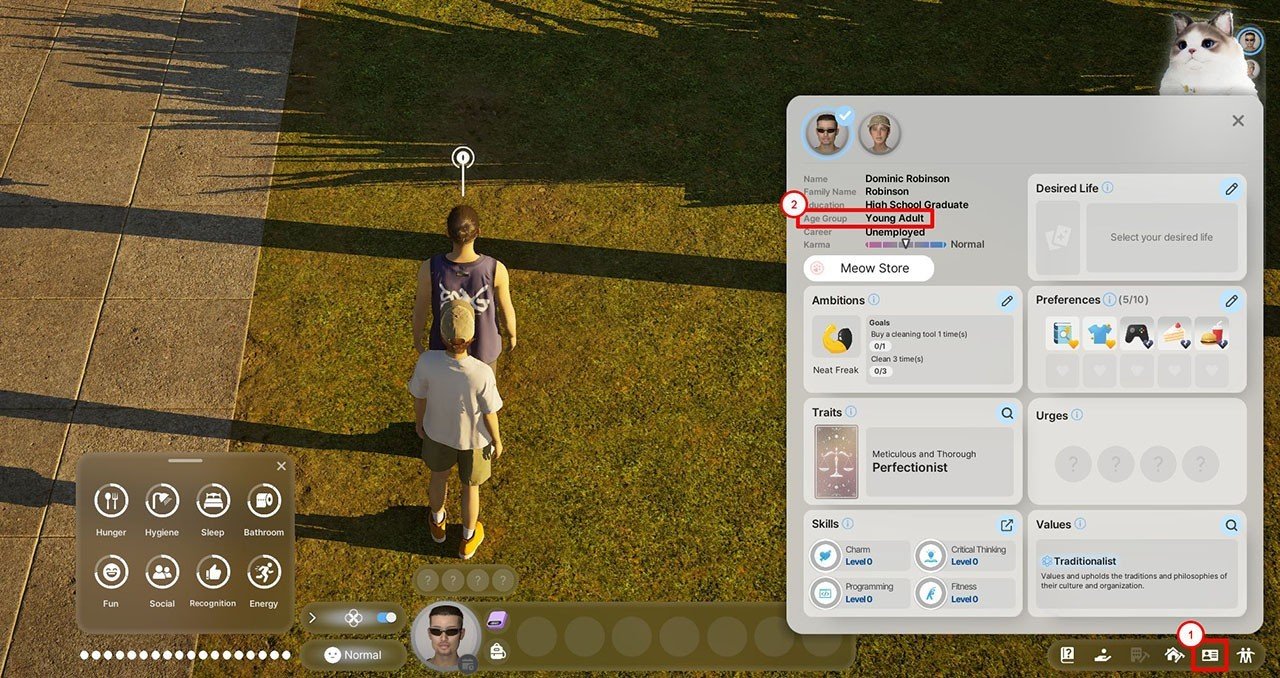 Image: ensigame.com
Image: ensigame.com
You can also adjust the aging speed in the game settings. However, you can’t slow it down beyond the default pace. On the flip side, you can speed it up—for instance, to skip a boring phase. Personally, I use this to fast-forward through infancy, which I find the dullest stage.
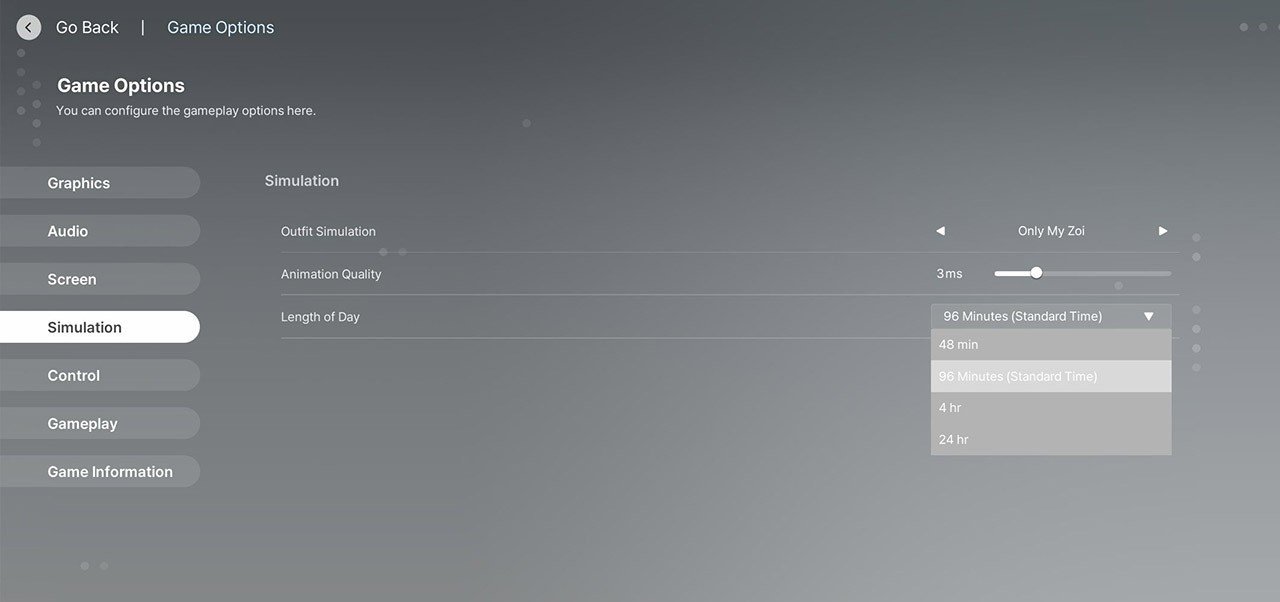 Image: ensigame.com
Image: ensigame.com
Aging and Its Impact on Gameplay
Each growth stage unlocks (or locks) specific opportunities, and your Zoi’s behavior evolves alongside their age. As they grow older, they become wiser… or more temperamental—it all depends on their past experiences.
Thanks to the Smart Zoi system, every character remembers decisions, emotions, and events that shape their individuality. And yes, if someone was rebellious in their youth, they’ll likely become a grumpy philosopher (or an aging rocker) in old age.
Different stages grant access to different skills, careers, and aspirations. Kids can develop creativity or tech skills, teens can explore social media and first love, and adults can focus on careers or starting families. Aging transforms gameplay from a simple simulation into a story of personal growth.
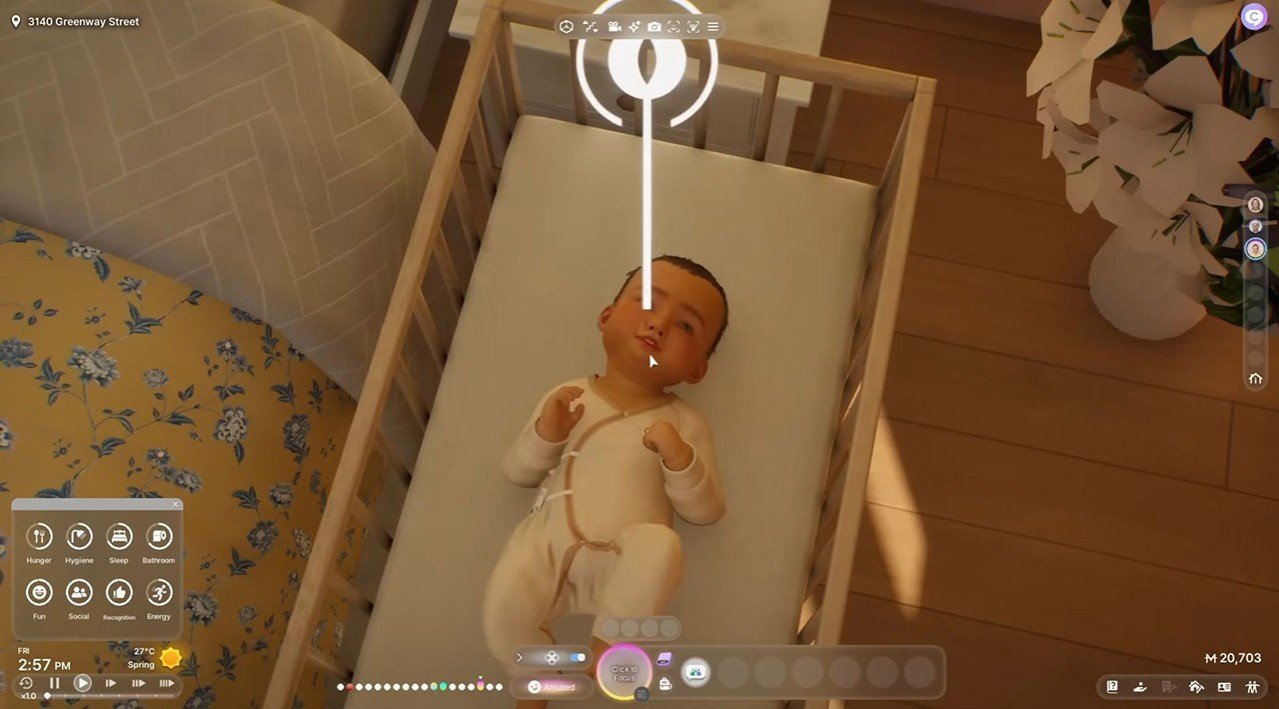 Image: ensigame.com
Image: ensigame.com
Age also affects social dynamics. A toddler won’t befriend an office worker, while an elderly Zoi might become a neighborhood authority… or that annoying neighbor. Transitioning to a new stage often reshapes social circles, sparks generational conflicts, or leads to unexpected alliances.
One more key detail: Some activities are age-locked. For example:
- Children can’t work (and that’s a good thing);
- Teens can throw parties but can’t marry;
- Elderly Zoi gain access to wise dialogues but lose stamina.
Aging in inZOI isn’t just an avatar change—it’s a fully fleshed-out game system. From first steps to final breaths, every stage shapes your Zoi’s personality, destiny, and world interactions. To truly immerse yourself in your character’s life, keep an eye on time, plan ahead, and embrace change.
Main image: canvas.playinzoi.com
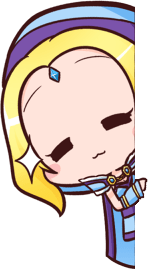







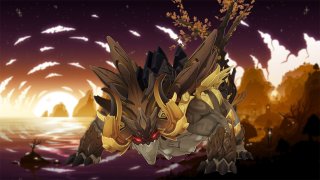
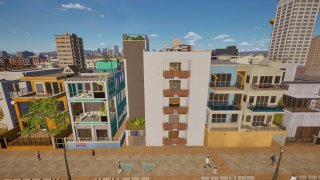

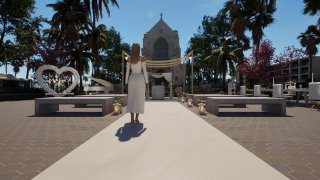


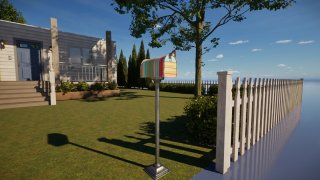


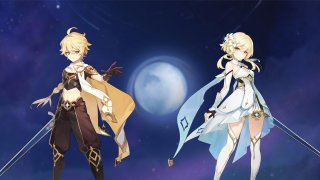

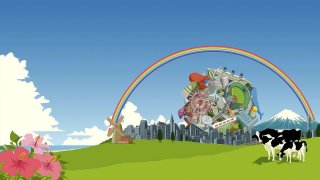
0 comments